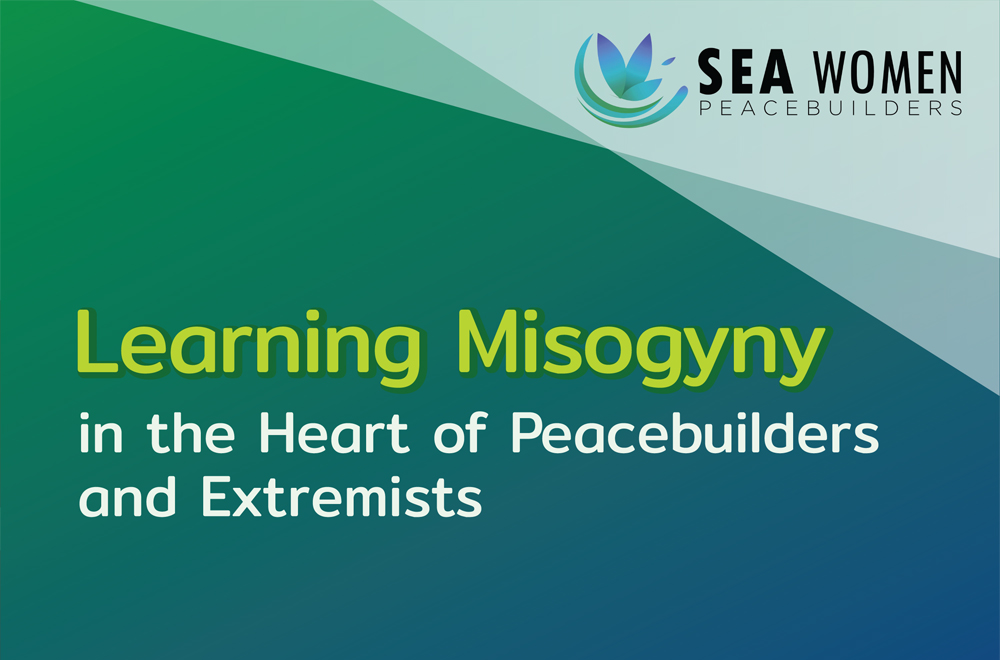
Introduction
In recent years, the urgency of addressing key protection of women and girls and their rights has been expanded in contemporary peace operations, means, and missions. To understand how violent conflict affects the lives of people, especially women, peacebuilders analyze the contexts in which they are working. While feminist advocacy for peace movements have continued to call for the equal participation of women and men in decision-making in associated with conflict resolution and peacebuilding. The concept of protectionism was challenged to reread the sense of security in peacebuilding advancement. The WPS (Women, Peace, and Security) agenda was adopted along with feminist conception of positive peace. To create the conditions of possibility for non-violence has also been called to secure a culture of peace and promote peace outside the frames of war (Butler 2009) as well as create equal value.
There is limited understanding of the differential impact of conflict on women and men, boys and girls and the long-term consequences of sexual violence against women that continues to prevail long after war is over because of gender roles entrenched in culture and tradition (Puechguirbal 2010). Masculinity in conflict, war, and politics can be a product of the deep misogyny among men as well as among many women characteristic of society, such as war on terror program called women to rescue their sisters in Afghanistan to protect victimized women from misogynist men. The insight on gender and security together with the normative framework in Southeast Asia, WPS in particular, tend to build a bridge among empirical scholarly work, new policy directions including in textbooks, and actual practice on the ground. A more nuanced understanding of the success and failure of the supranational regional organization, ASEAN, could have strong engagement with gender issues together with the pressing need to address conflict and security concerns.
This two-day webinar seeks to (1) examine the promotion of evidence-based policy, (2) to address programs to support women’s agency in peacebuilding and fight for women’s human rights amidst a global pandemic and (3) to understand elements of theorizing in order to conceptualize peace vary widely by culture and context of Southeast Asia and its growing body of discourses. The discussion will seek to roll back key elements of violence in relation to misogyny and extremism, how these ideas relate with radicalization, conflict and war, inequality, and discrimination against women.
Amporn Marddent
